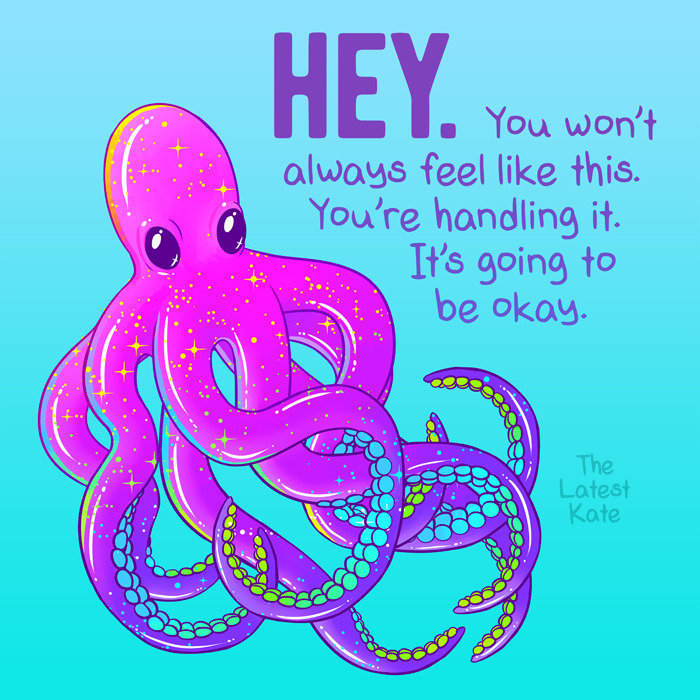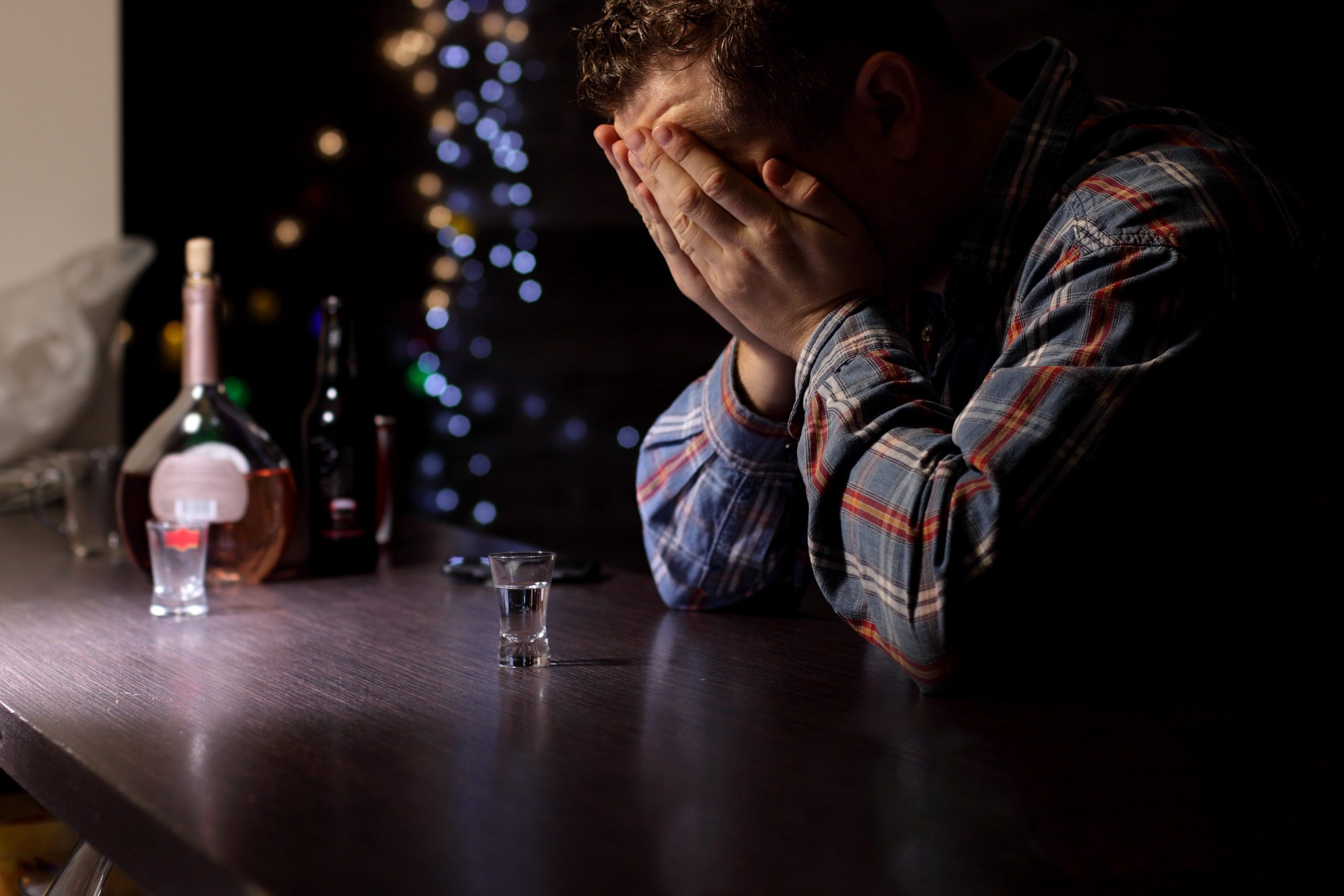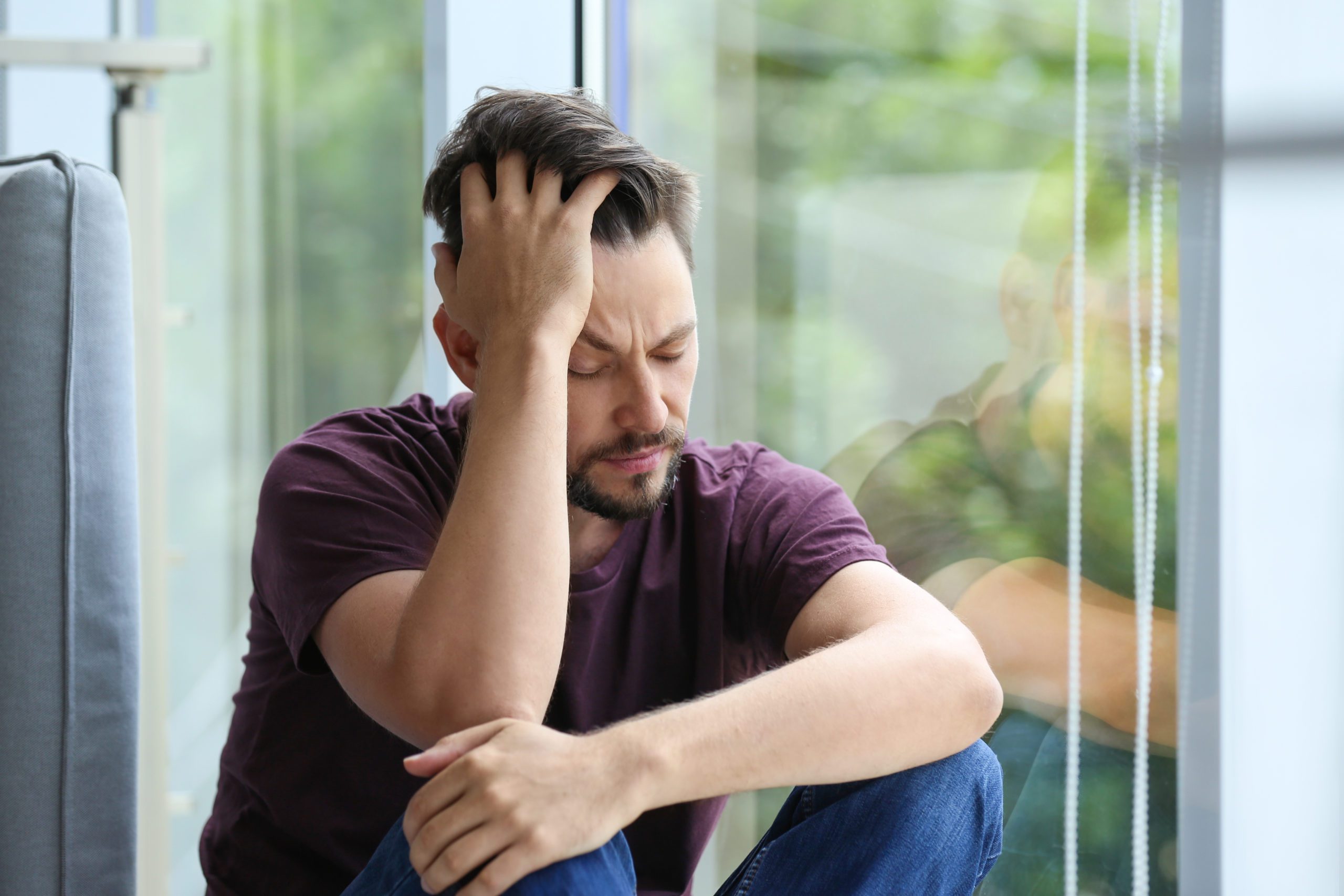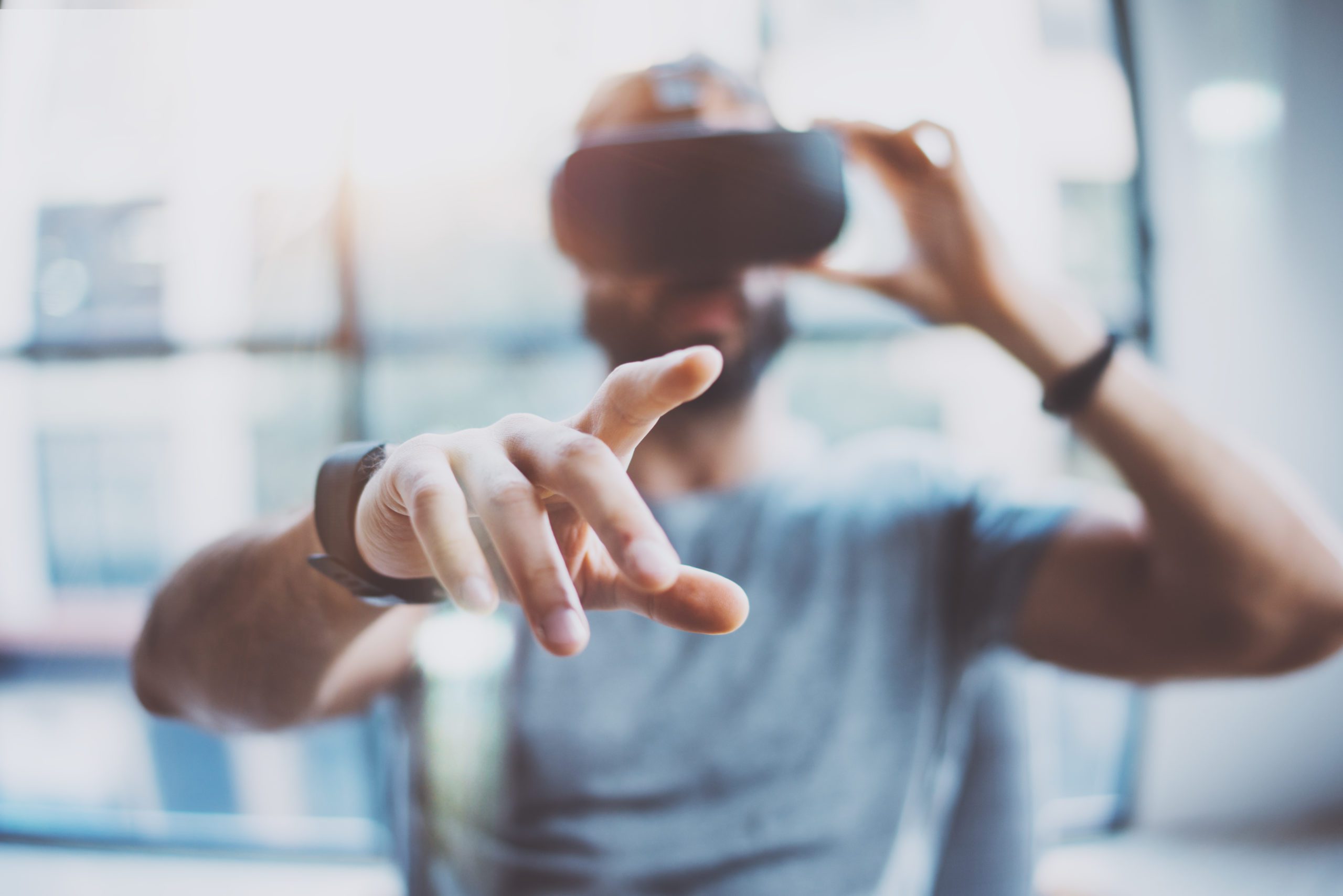We’ve talked about anxiety many times before on our blog page. And if you happen to suffer from that condition, then you’re probably no stranger to panic attacks. Only those who have experienced them can understand how frightening they can be and how difficult they are to overcome. Though there’s no exact science on how to prevent a full-blown panic attack, there are techniques that can soothe the tension, shorten the duration and reduce its intensity.
The website Bustle.com did a nice job summarizing a few of the critical ways to overcome a panic attack. We’ve shared a handful of them below…
Tip #1: Close Your Eyes
If you are in the midst of a panic attack, you may feel like the world around you is crumbling. You may also feel like people are staring at you or judging you. A quick way to overcome that is to simply close your eyes and the reduce the amount of external stimulation that is surrounding you. This can also quickly create a sense of calming.
Tip #2: Slow Your Breathing
There are times when having a panic can feel like a literal heart attack. Rather than feed into that anxiety, it is recommended to slow your breathing patterns. Avoid the urge to gasp for air because, in fact, that can worsen the experience. A helpful exercise can be counting to four before exhaling. Hopefully after a few times, you’ll notice a soothing sensation.
Tip #3: Repeat An Affirmation
You may not believe it, but something as simple a song lyric can help you overcome a panic attack. If you focus on a phrase (or even a prayer) then keep repeating it in your head, you should be able to lessen the intensity of the attack. “Using a soothing and repetitive phrase can break the cycle of rumination,” therapist Claire Bidwell Smith told Bustle. “This replaces the anxious thought with one that sends a message to the brain to restore the autonomic nervous system to a more serene state.”
Tip #4: Change Your Environment
There is nothing wrong with walking out of a room if you’re in the middle of a panic attack. It doesn’t matter if you’re in the workplace or at someone’s house, just try changing your surroundings (preferably to an open, outdoor space). This can be a quick way to soothe the nerves and it can hopefully expose you to a calmer, more serene environment.

















